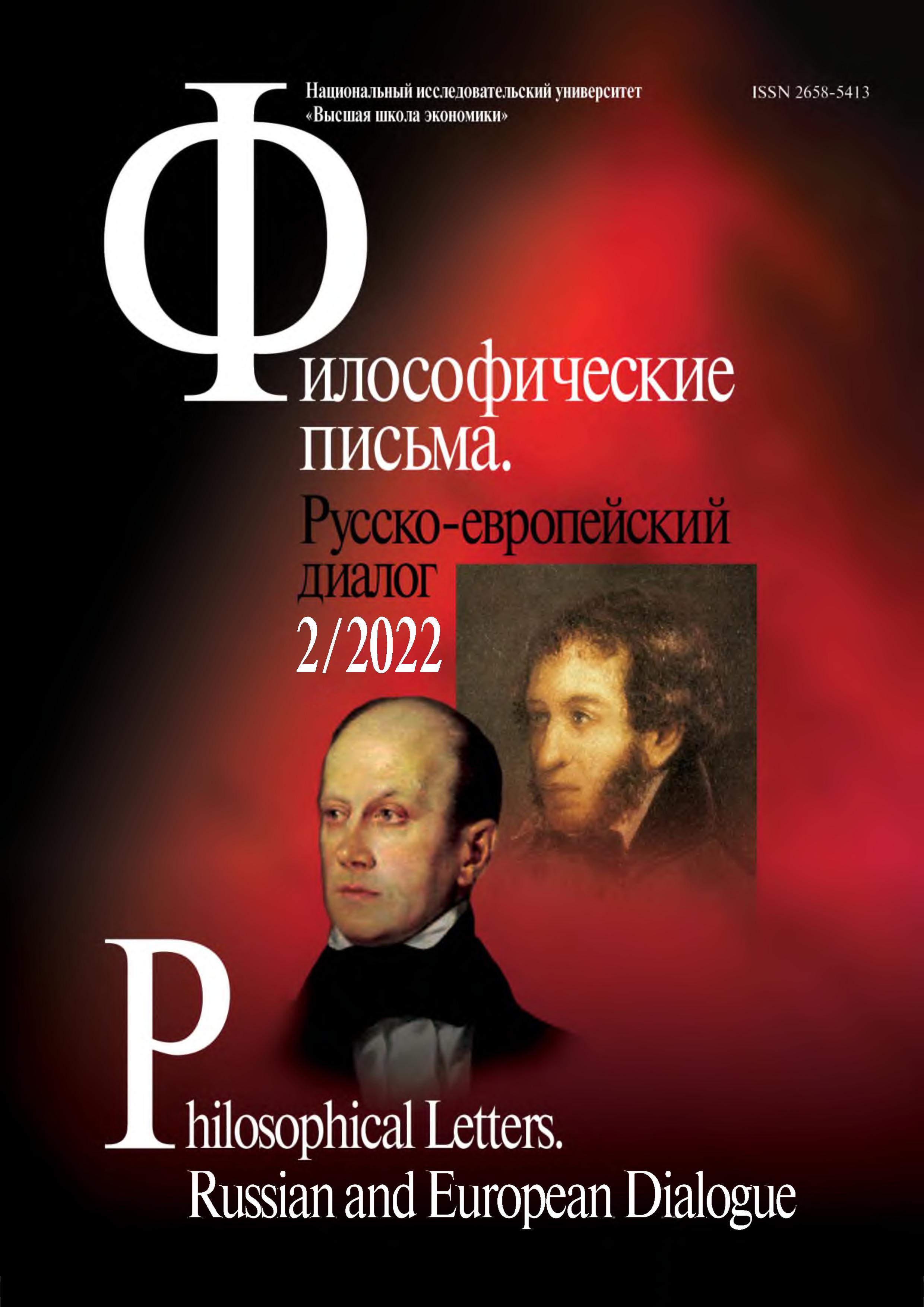On the Question of the Death of Peter the Great and Pushkin’s Russia, or the Revolution of Peter the Great and the Counter-revolution of Vladimir Lenin
Abstract
The article discusses the fate of Russia as the most important problem of its history. Created by Peter and spiritualized by Pushkin, the Russian Empire was destroyed by Vladimir Lenin. The creative power of Peter was aimed at creating: a fleet and a regular army to protect the state; a new alphabet and the introduction of a new chronology, and thus the Christian chronotope; a social structure consisting of two estates — the nobility, who owed the state a service, but also gave Russia scientists and writers (from Pushkin to Bunin) and priests, who gave the country political figures (Speransky and others), brilliant historians (S. Solovyov, V . Klyuchevsky, etc.), as well as writers (Dostoevsky, Chernyshevsky, Shalamov, etc.). Both of these estates possessed creative power and determined the development and enlightenment of Russia. The social structure was enshrined in the table of ranks, which served as a social lift: education and service made it possible for a person to grow socially. The author believes that Peter tried to put the principle of tolerance at the basis of his government, relying on the ideas of Locke and Leibniz, which were used, for example, in the contractual relations of the state with the Old Believers. At the beginning of the 18th century, the Russia of Peter the Great, which suddenly came out to meet the Europe of Charlemagne, stunned and frightened the West. The author draws attention to a kind of “recipes” from K. Marx and F. Engels during the Crimean War, which proposed to destroy Russia. Marxism in the hands of Lenin became the ideology that led the leader of the Bolshevik party to the “anti-Petrine coup” in Russia. He adopted Marx’s idea that it was necessary for the good of European humanity to end the Russian Empire. Lenin, without hesitation, accepted help for the destruction of Russia from her enemies and acted in all directions: he destroyed the estates created by Peter, abolished the social elevator, created the “nomenklatura” and the repressive apparatus (VChK), which he put above the law. The author comes to the conclusion that Peter was building an empire, a European state, and Lenin, having destroyed it, laid the foundations of totalitarian despotism.

